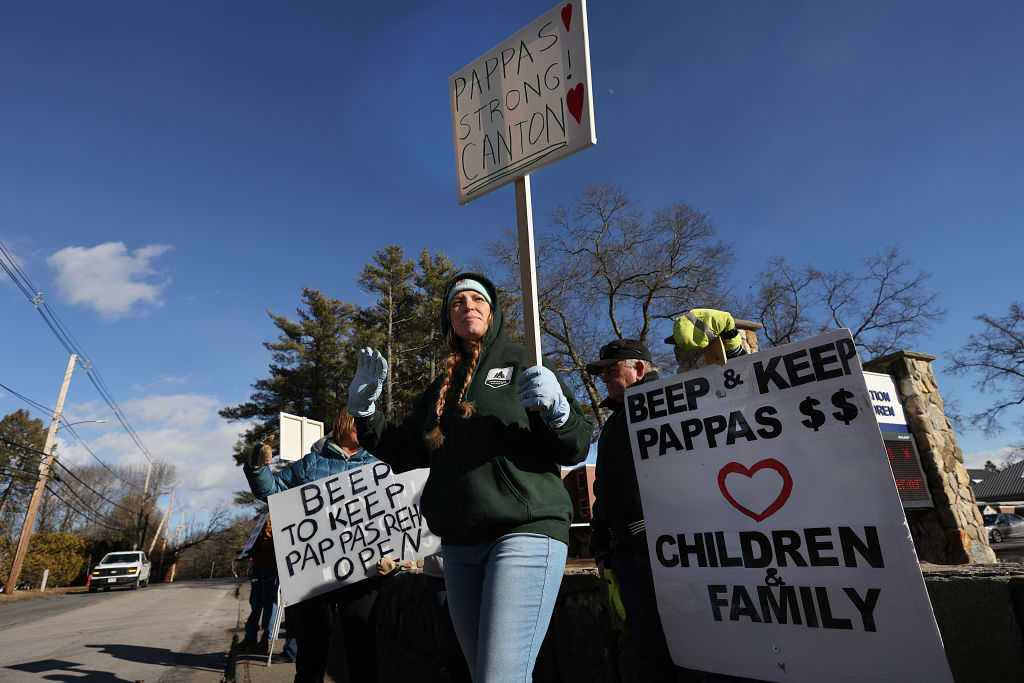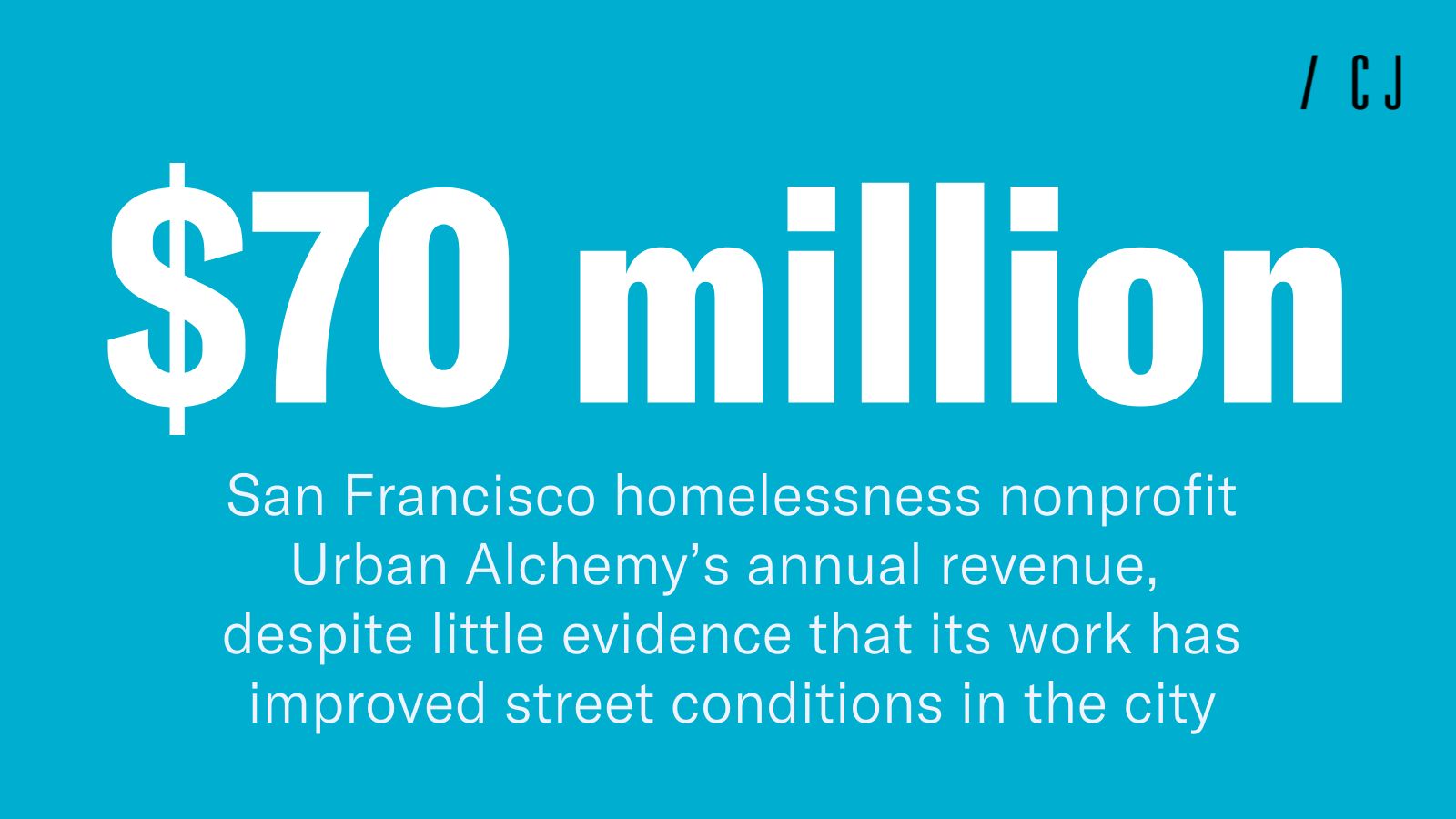|
Forwarded this email? Sign up for free to have it sent directly to your inbox. |
|
|
Good morning,
Happy Friday. Today, we’re looking at the potential closure of a school for disabled children, New York’s Catholic school crisis, an interview with an NSA whistleblower, the NCAA’s new transgender policy, how progressive policies worsened the housing crunch, and the legacy of Donald Shoup. Don’t forget to write to us at editors@city-journal.org with questions or comments. |
|
|
In January, Massachusetts announced the closure of the Pappas Rehabilitation Hospital for Children, a one-of-a-kind school for students with severe disabilities. The state’s public health commissioner, Robbie Goldstein, hailed the decision, saying that many of the hospital-school’s students “actually could be better cared for, more safely cared for, more compassionately cared for at home.” Though the state has since “paused” the closure, the fate of 36 children and their families remains in jeopardy.
City Journal associate editor John Hirschauer details how the potential closure reflects an ideological push to end specialized schools in favor of forced “inclusion.” But for students like Danielle D., who found refuge and community at Pappas after years of mistreatment in public schools, seeing the facility shut down means losing the only place they’ve ever belonged.
|
|
|
New York’s Catholic schools are in crisis, with more closures announced and enrollment continuing its long decline. The causes—urban flight, competition from charter schools, and diocesan mismanagement—are well known, but solutions remain elusive. As Manhattan Institute Senior Fellow Ray Domanico argues, the Church must rethink its approach: “Without new thinking, Catholic schools will fade away.”
|
|
|
A familiar story in many American institutions by now is the process of ideological capture. At the NSA, it began a decade ago, as a whistleblower tells Manhattan Institute Senior Fellow Christopher F. Rufo. “Trans activists have entrenched themselves in positions of power, pressured employees to undergo reeducation trainings, and compromised national security in the name of ideology,” he says.
Read Rufo’s interview with the insider here. |
|
|
Shortly after President Trump signed his executive order banning males from competing in female sports, the NCAA announced that it would align its policy with the directive. But a closer look reveals a giant loophole that could make it easier for men to compete in women’s sports, warns Manhattan Institute Fellow Colin Wright. He explains why here.
|
|
|
In his new book Stuck, Yoni Appelbaum, deputy executive editor of The Atlantic, blames progressives for distorting the housing market in a way that has undermined the American tradition of economic mobility. “That he is willing to use the label ‘progressive’ as a term of opprobrium is notable,” writes City Journal Contributing Editor Howard Husock. Read his review here.
|
|
|
UCLA urban planning professor Donald Shoup died earlier this month at 86. He offered a practical blueprint for reshaping the American landscape by seeing one big, obvious thing that no one else saw: free parking distorts cities.
Read Manhattan Institute Senior Fellow Nicole Gelinas’s remembrance here. |
|
|
A new coffee trend seems to be taking hold in Canada. And no: we’re not talking about single-origin beans or half-caffeinated or nitro-brewed. It’s a new drink, and it’s just like an Americano, only better—it’s a Canadiano.
Yes, coffee shops in the Great White North have been renaming the classic drink, seemingly in protest of President Trump’s proposed 25 percent tariffs, which will go into effect next week.
It all began when Kicking Horse Coffee, which has served “Canadianos” for over a decade, called for other shops to follow its lead. “We’re officially making it a thing and asking coffee shops across the country to make the switch,” it said in an Instagram post that has since been deleted.
Coffee shop owners throughout Canada quickly implemented the change, one referring to Kicking Horse’s social media post as “bold and brave.” Some owners claim that it’s not meant to be a political statement but a show of Canadian pride. After all, nothing says “I love my country” quite like changing the name of a drink rumored to have been around since World War II, right? |
—
If you have Face Palm candidates—embarrassing journalism or media output; cringe-worthy conduct among leaders in government, business, and cultural institutions; stories that make you shake your head—send them our way at editors@city-journal.org. We’ll publish the most instructive with a hat tip to the source.
|
|
|
Photo credits: Boston Globe / Contributor via Getty Images |
|
|
A quarterly magazine of urban affairs, published by the Manhattan Institute, edited by Brian C. Anderson. |
|
|
Copyright © 2025 Manhattan Institute, All rights reserved. |
|
|
|




